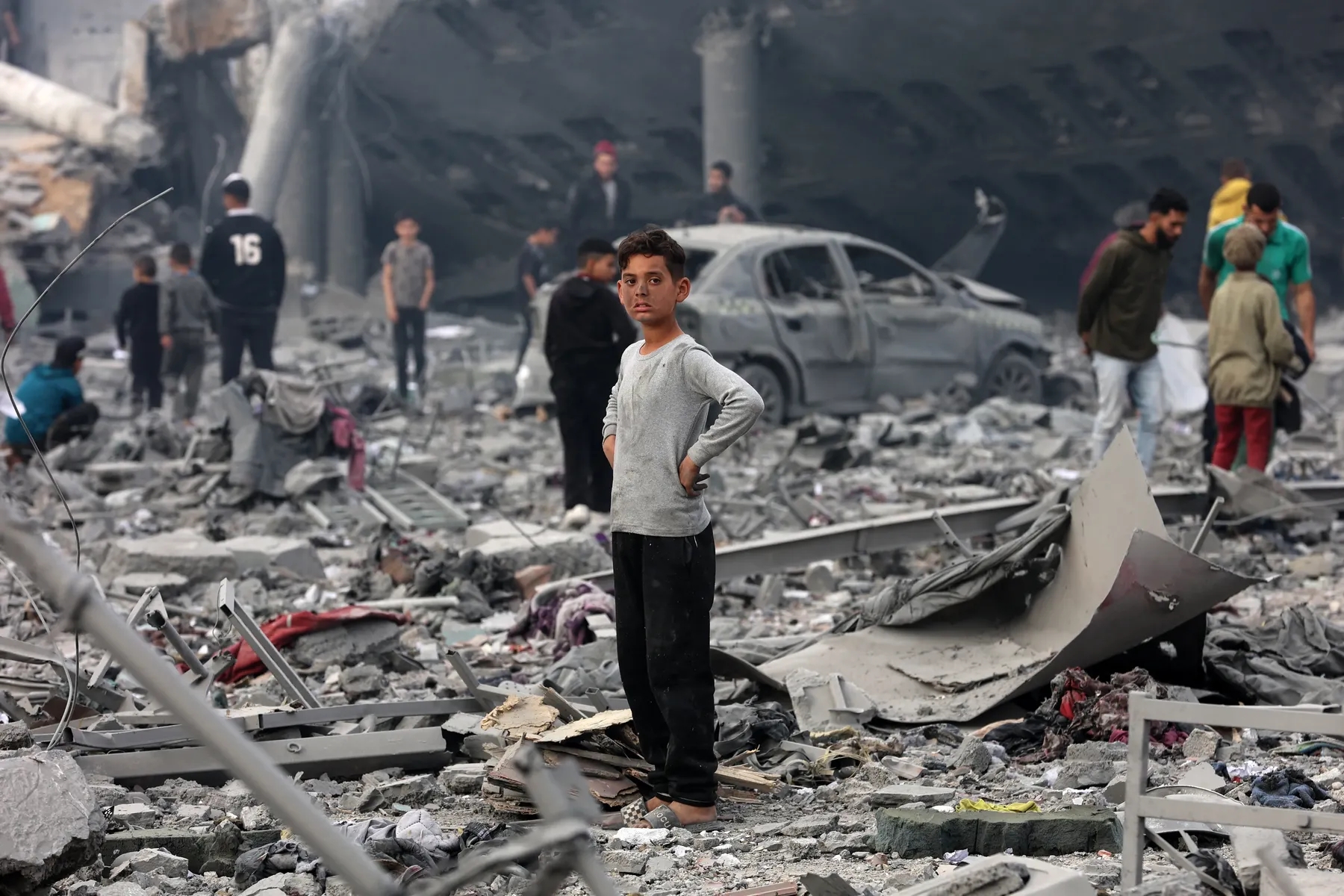This autumn the world is over
We are constantly being told that we have to prepare ourselves, because that scourge that causes so much fear after this summer, especially in the testers, is the crisis. Macron himself said that we have to prepare for the end of the 'era of prosperity'. Because economists don't have glass magic balls to see the future, it's hard to separate wheat from straw. In particular, when the voice of experts in the matter is limited to speculations driven by propagandistic objectives of the capitalist system. But what really comes to us? Are we really on the threshold of a deep recession?
Although it is difficult to answer exactly the first question, it is clear that the immediate future does not seem good. There are several elements on the table: firstly, the price of energy, one of the main factors responsible for the rise in other prices, can be reduced a little, but it is clear that we are at the end of the era of cheap energy. This will affect our pockets, but it will be particularly noticeable in industry and world trade. In this respect, the case of Germany is significant. The economic engine of the euro area was characterised by the loss of the trade surplus, based on the availability of cheap energy, by Russian gas, and is in a deficit situation. In response to the general rise in prices, the Federal Reserve and the ECB have increased interest rates. This measure merely aggravates the situation, as it only serves to protect the interests of financial capital. Rising interest rates, when global debt is above 350% of GDP, can lead many families, many companies, but also the whole country. Countries as important as Brazil, Turkey or Argentina risk following the path of Sri Lanka.
And what do we face? Ending the "age of abundance" means the beginning of the age of disability. This statement would attract more than one to find out when his era of prosperity was. The catastrophistic crisps of the shock doctrine reveal all crises and propaganda speeches are already underway to make a majority once again bear the costs of the hangover of the prosperity of the minority centuries. Faced with this, we will have to rethink what is fundamental and what we need, which sectors need to be reduced (or disappear completely, such as arms and oil) and which to strengthen. Change is inevitable and we must prepare for conflict, because any social change is inherent. Because those who are left will hardly give up what most of us lack.
“Even with all the shortcomings, the unions have done more for humanity than any other human organization that has ever existed. They have contributed more to dignity, honesty, education, collective well-being and human development than any other association of people.” ... [+]
Harri-jasotzearen gorakada nabaritu da azken urteetan, batez ere emakumeen artean. Gazteek harri eskoletan ikasten dute kirolean esperientzia dutenengandik. Crossfit-a, sare sozialak eta telebista faktore garrantzitsuak izan dira kirolaren piztualdian, harri eskolekin batera... [+]
Rudolf Botha hizkuntzalari hegoafrikarrak hipotesi bat bota berri du Homo erectus-i buruz: espezieak ahozko komunikazio moduren bat garatu zuen duela milioi bat urte baino gehiago. Homo sapiens-a da, dakigunez, hitz egiteko gai den espezie bakarra eta, beraz, hortik... [+]
Böblingen, Holy Roman Empire, 12 May 1525. Georg Truchsess von Waldburg overthrew the Württemberg insurgent peasants. Three days later, on 15 May, Philip of Hesse and the Duke of Saxony joined forces to crush the Thuringian rebels in Frankenhausen, killing some 5,000 peasants... [+]
Aramu + AimarZ
When: April 26.
In which: The Zumarraga Open Field.
---------------------------------------------------------
The website of the City Council says: "The tourist brand Viva Viva and the festival of the same name are designed to show the world the soul of... [+]
Zenbait urtetatik hona sarri entzuten dugun kontzeptua da zaurgarritasuna. Gaur gaurkoz, diskurtso politikoetan pertsona zaurgarriez aritzea ohikoa da. Seguru nago nik ere inoiz erabili dudala berba hori Bizilan.eus webgunean, eskubide laboralak eta prestazio sozialak azaltzeko... [+]






















